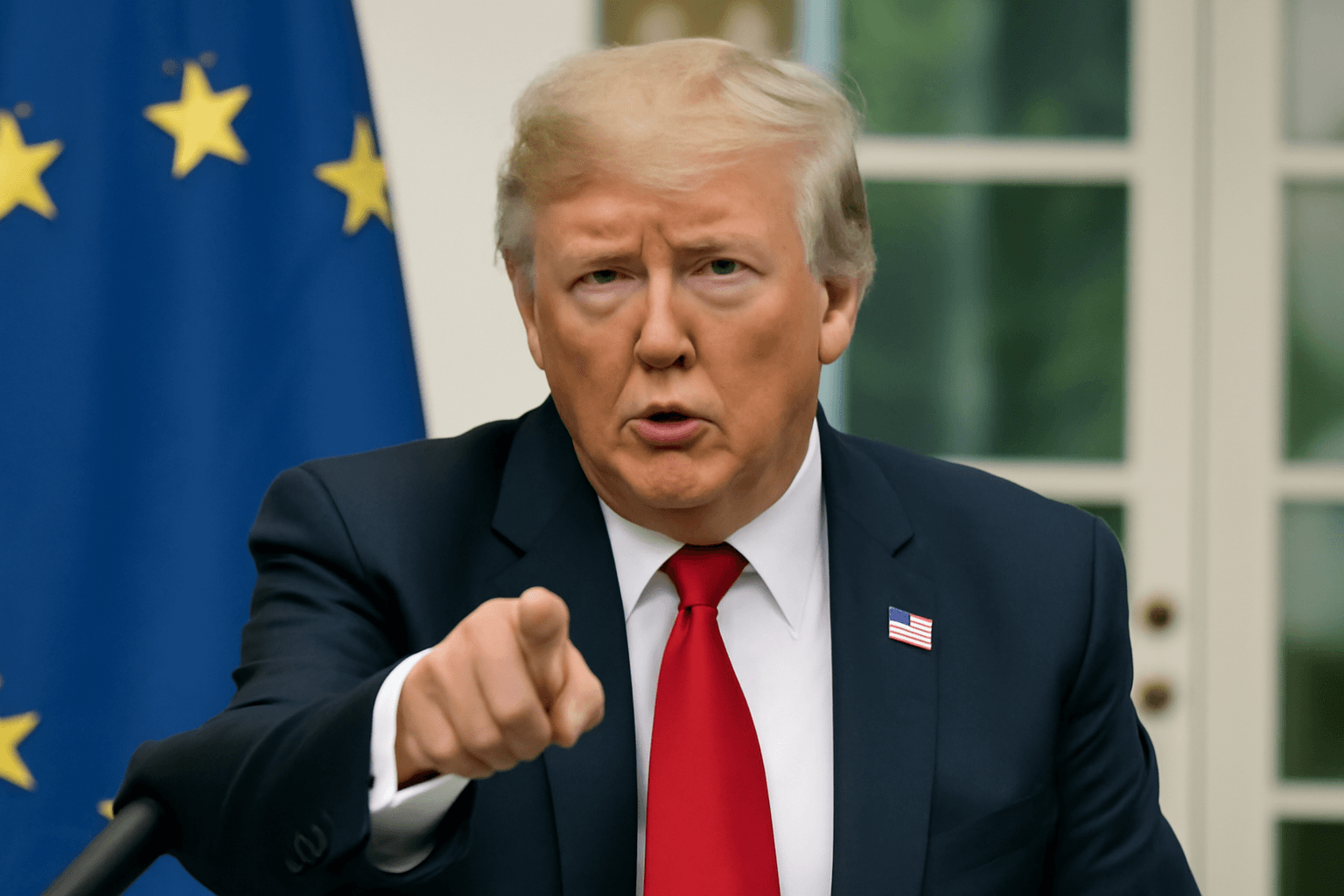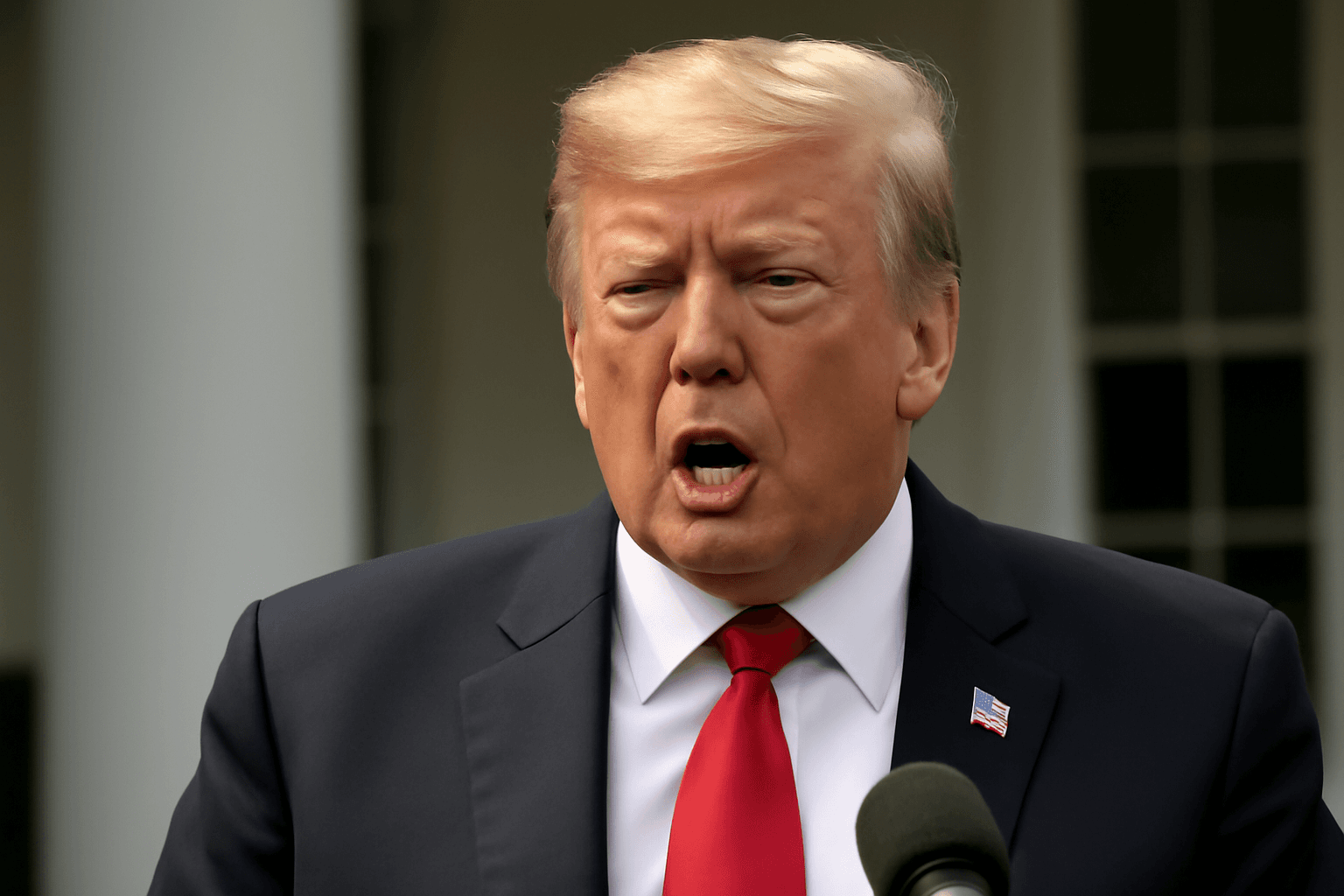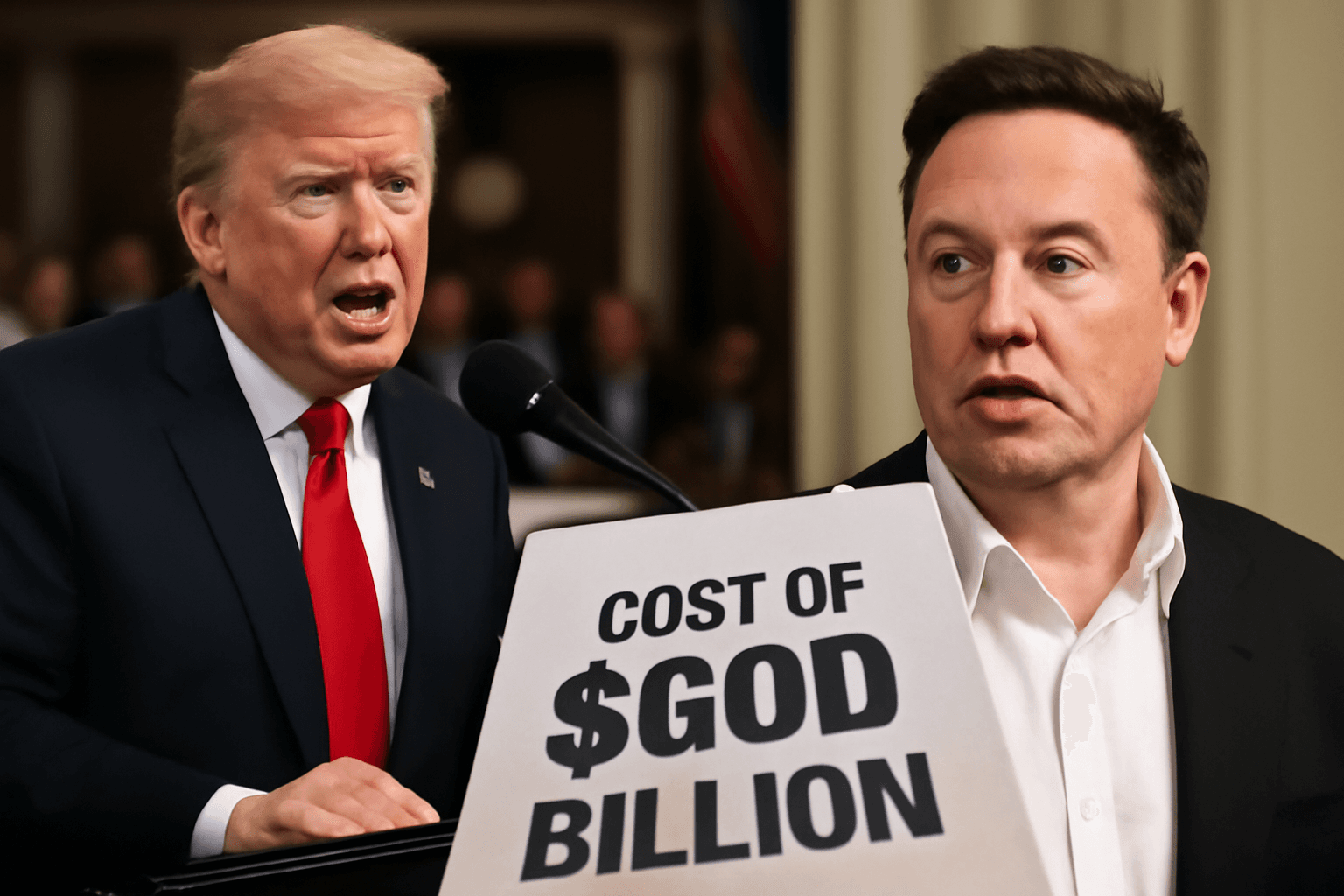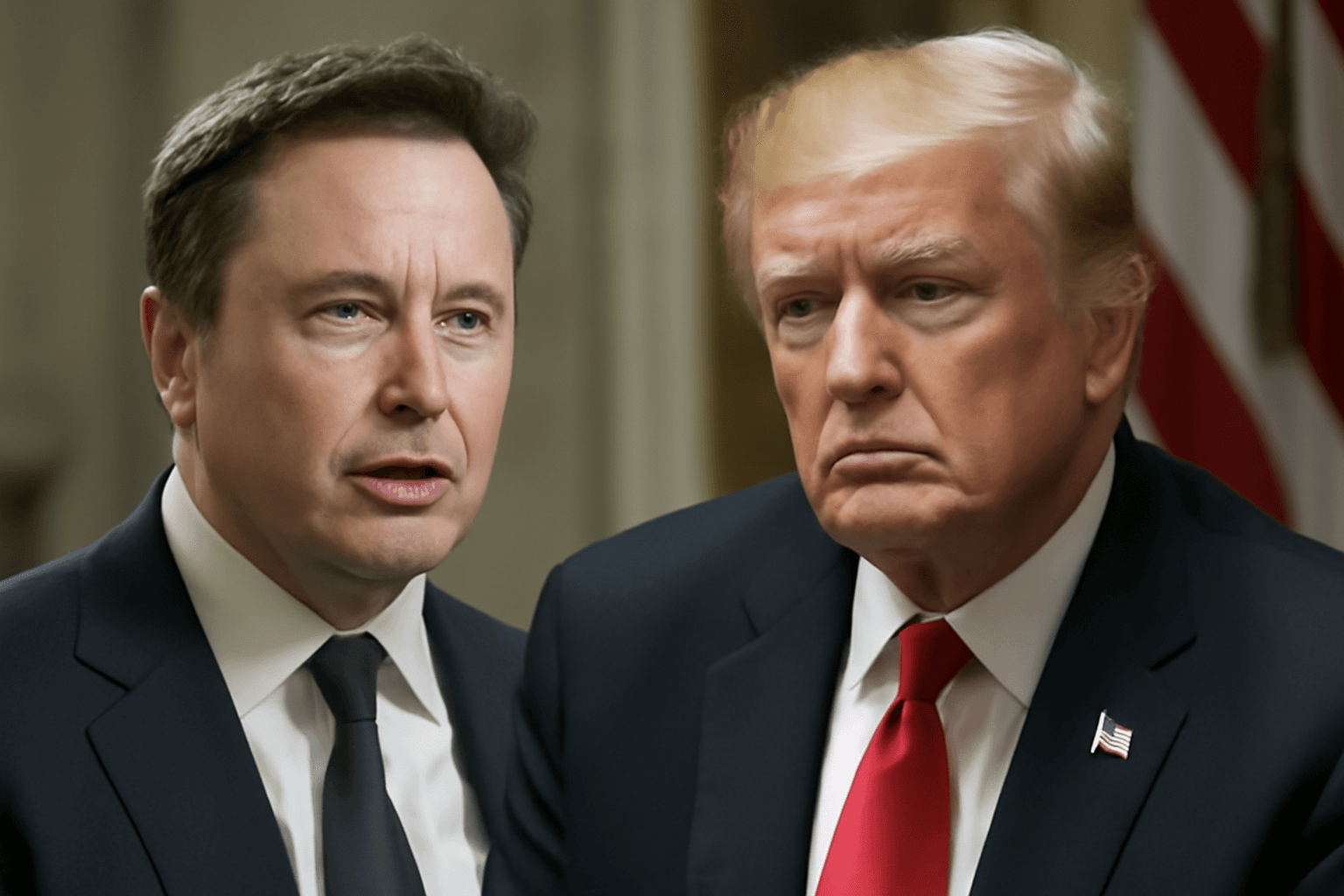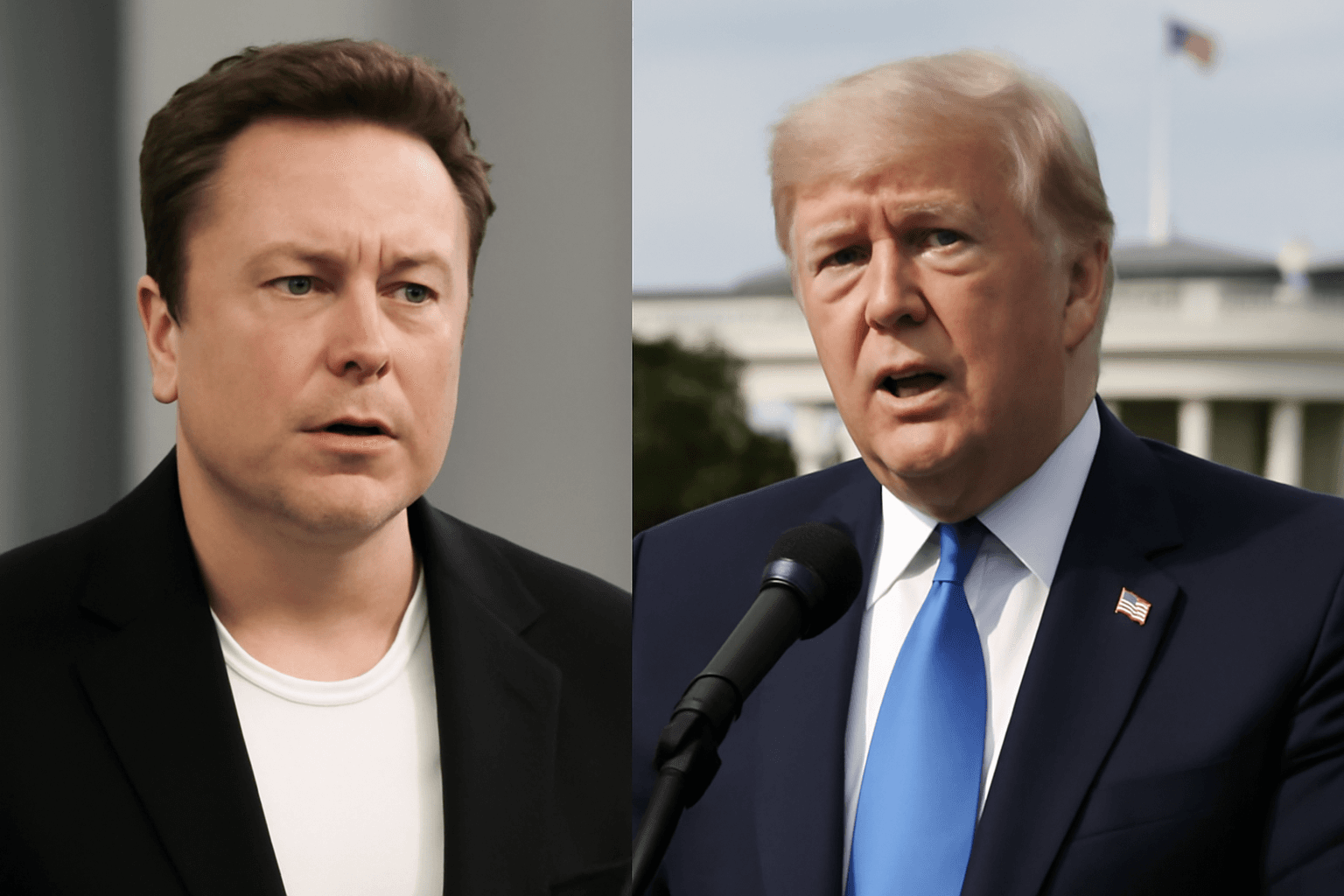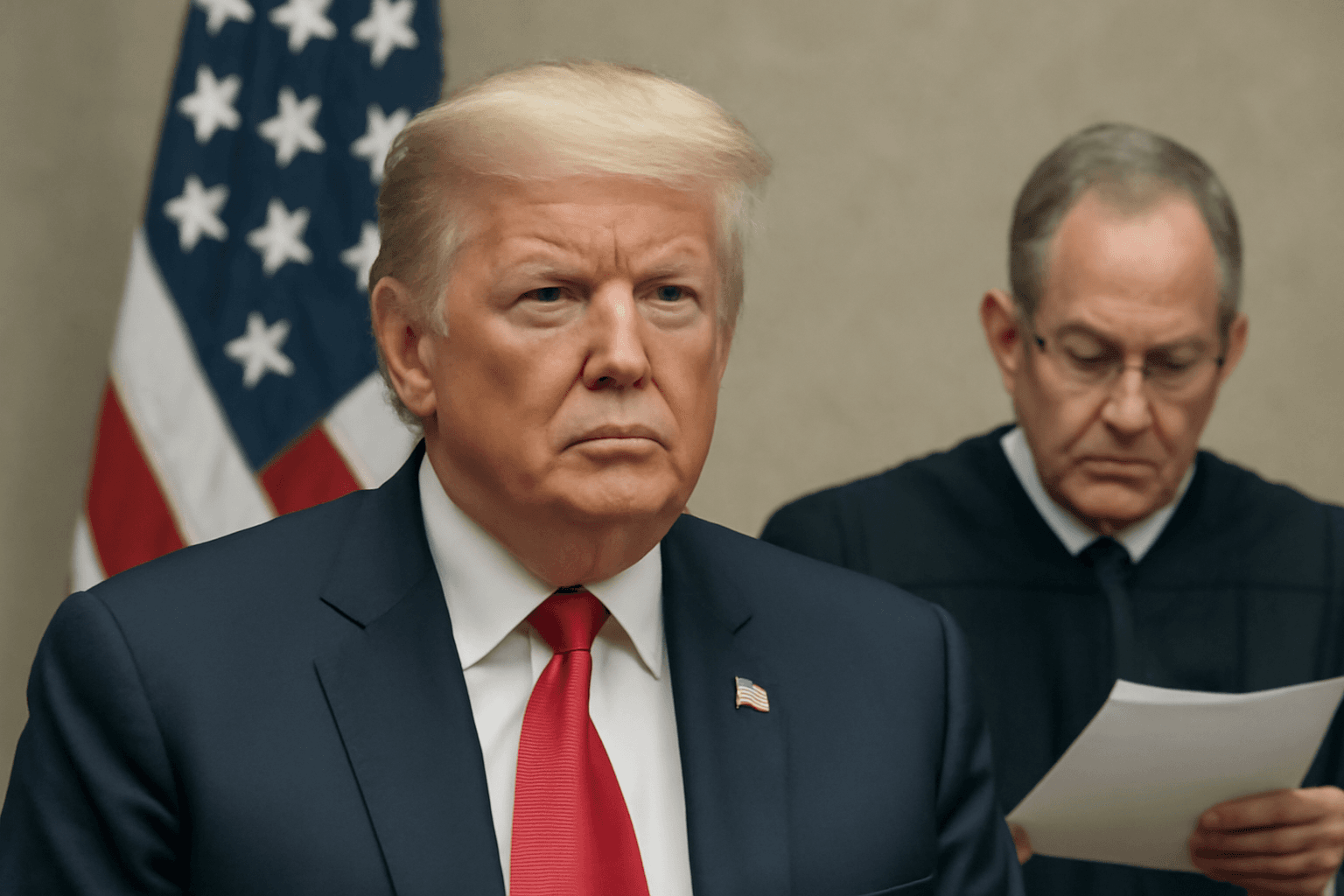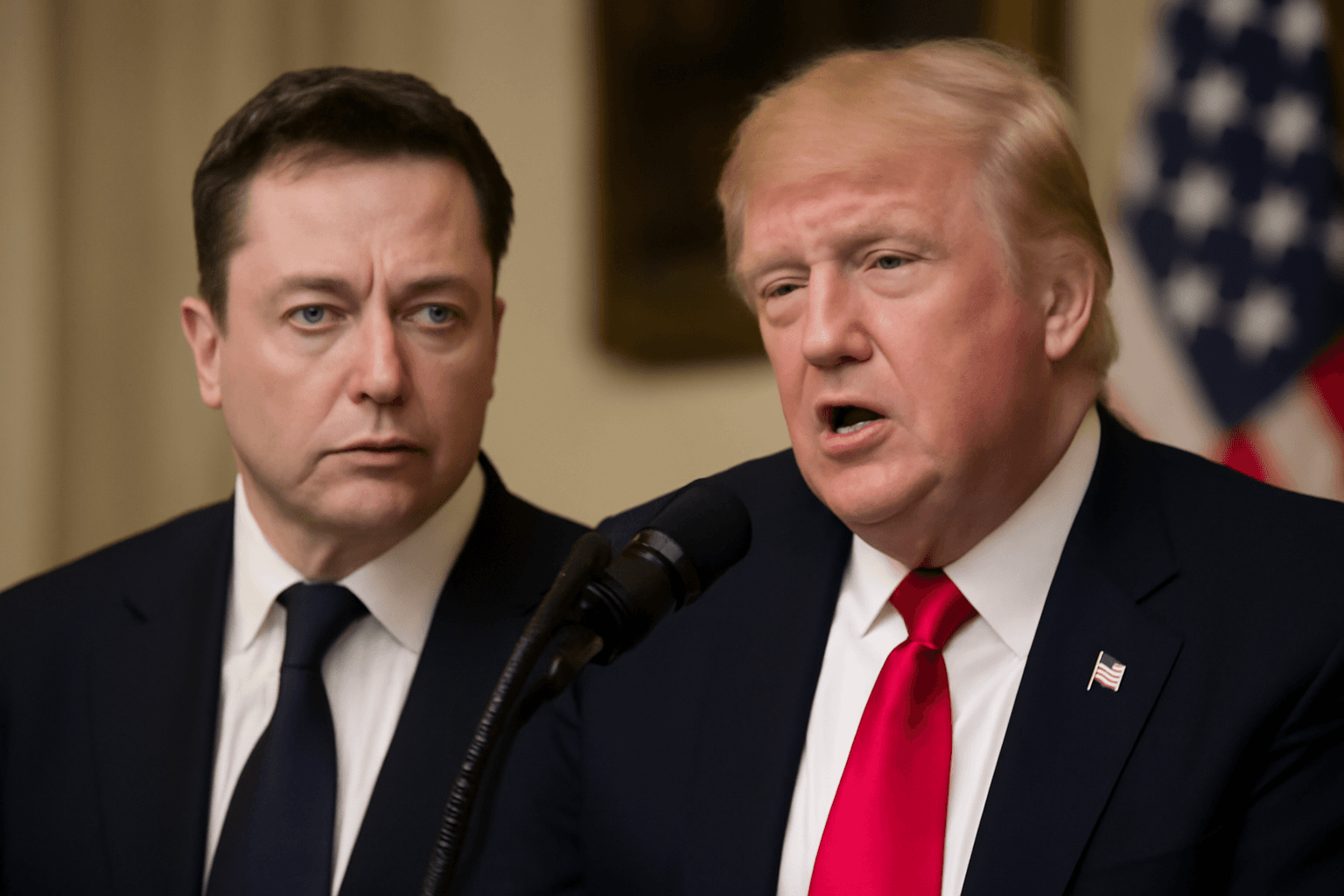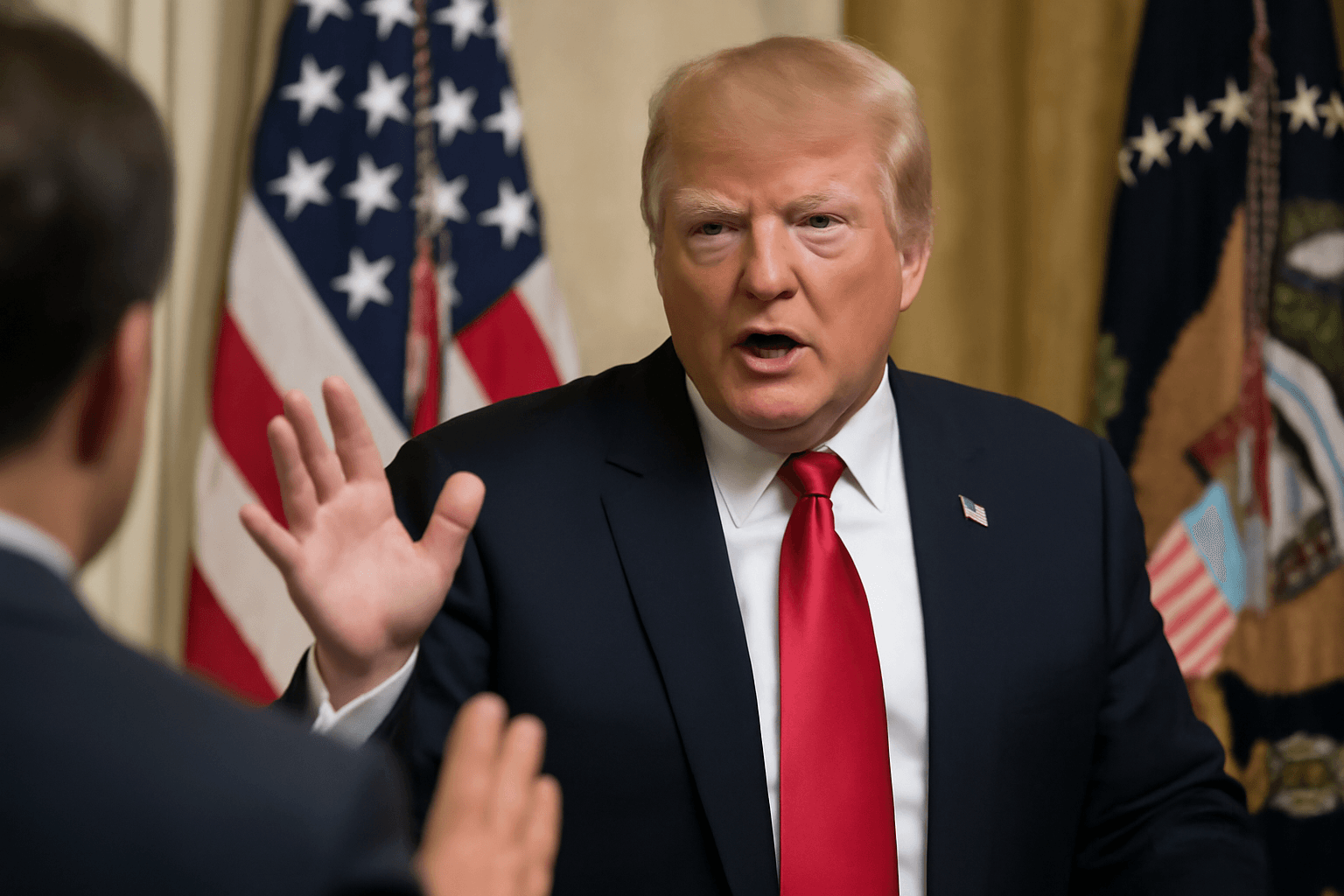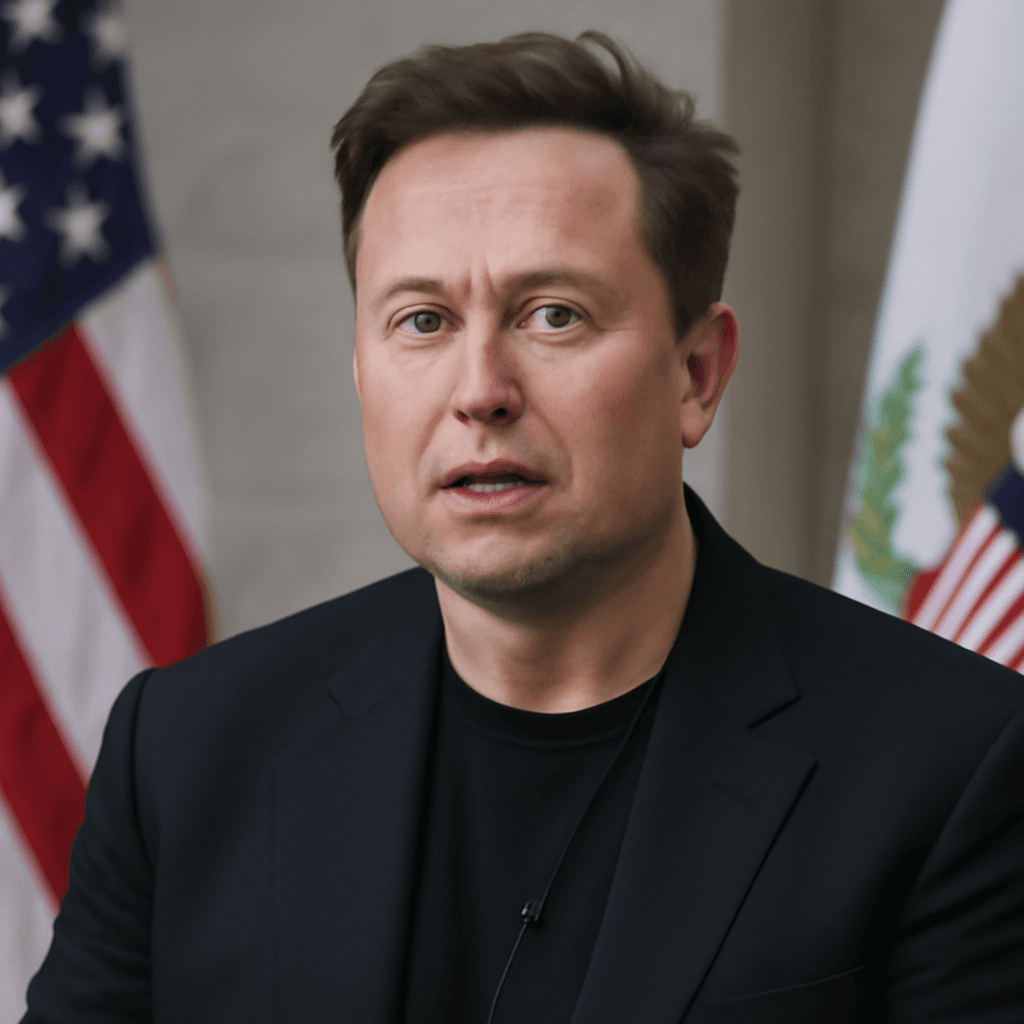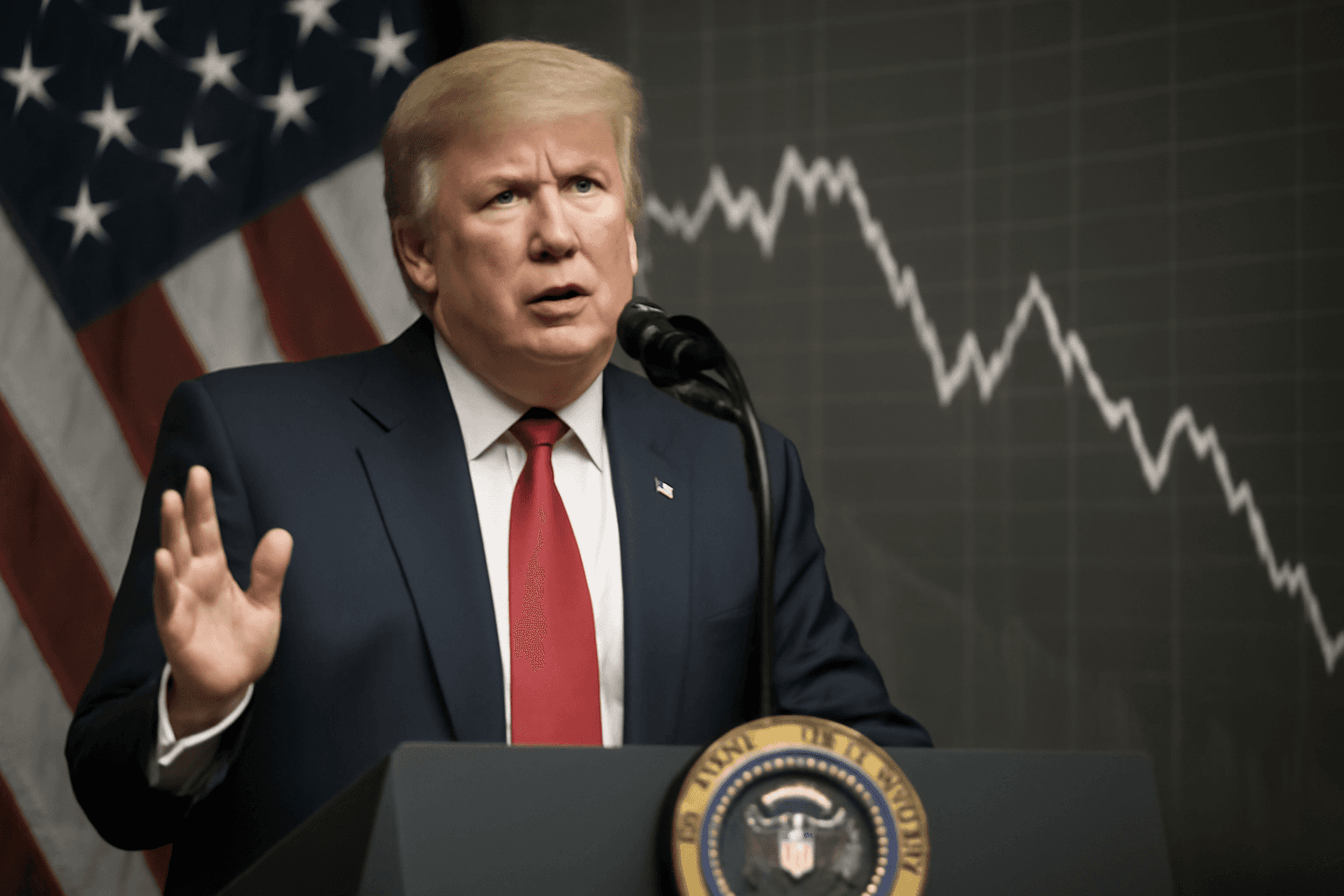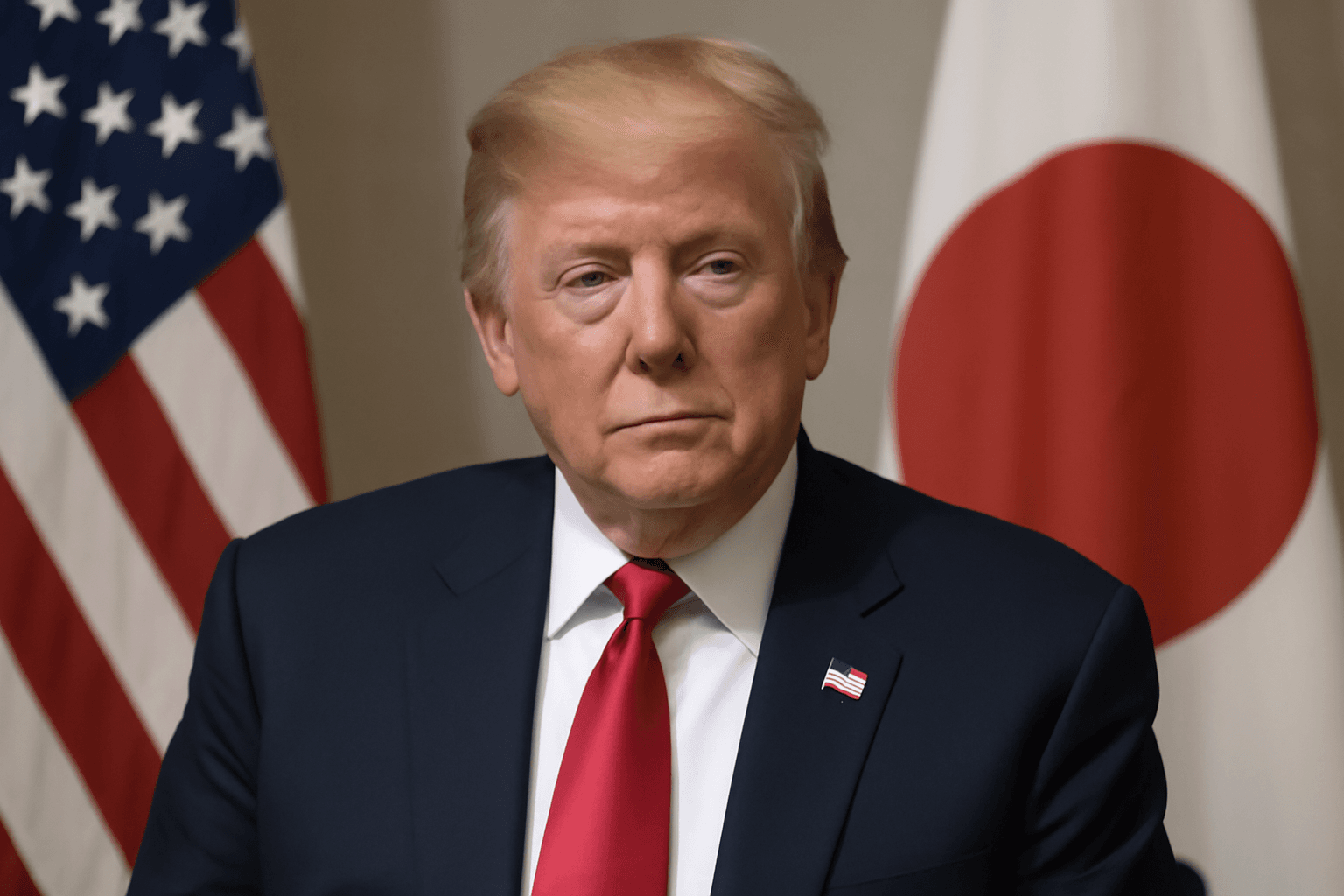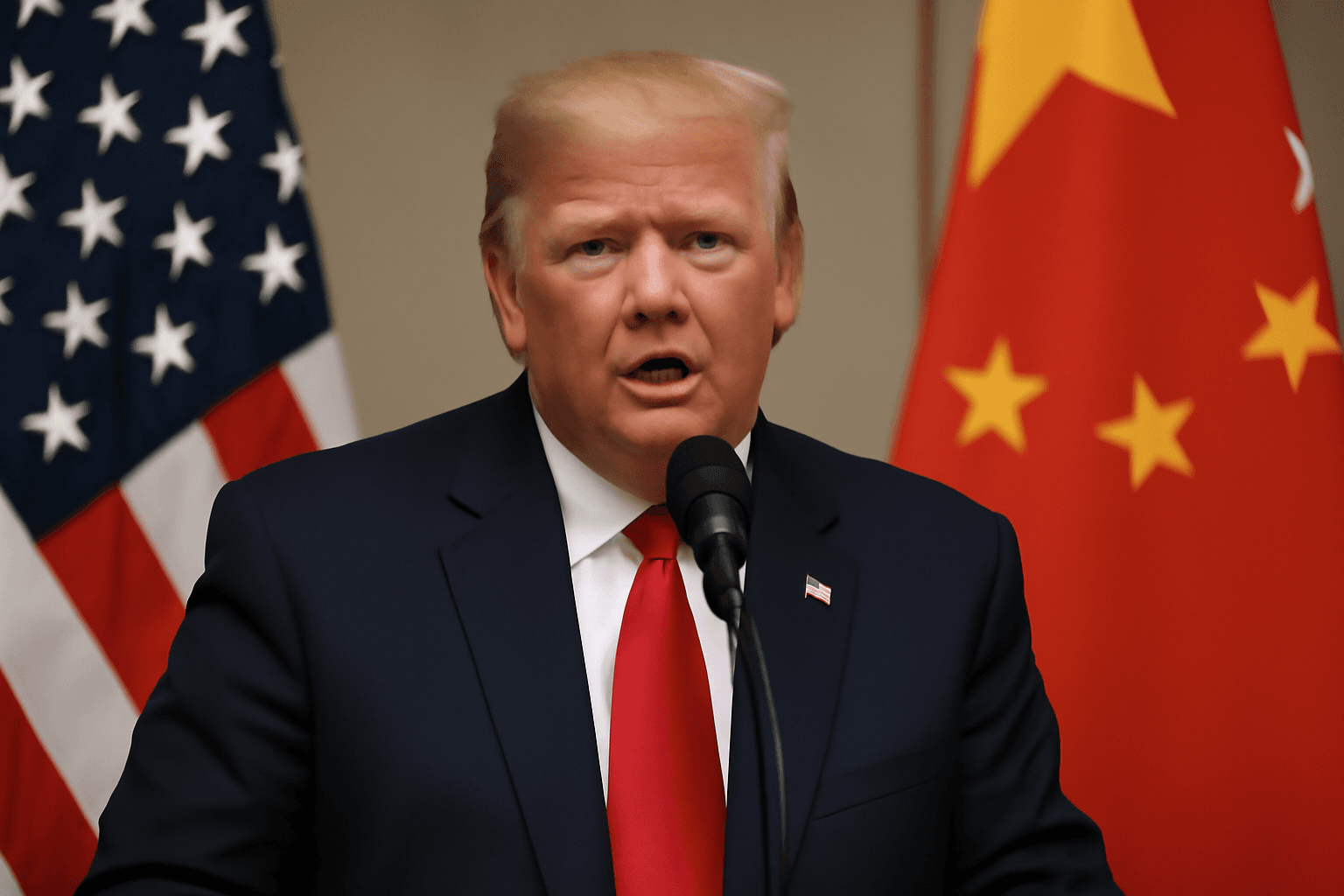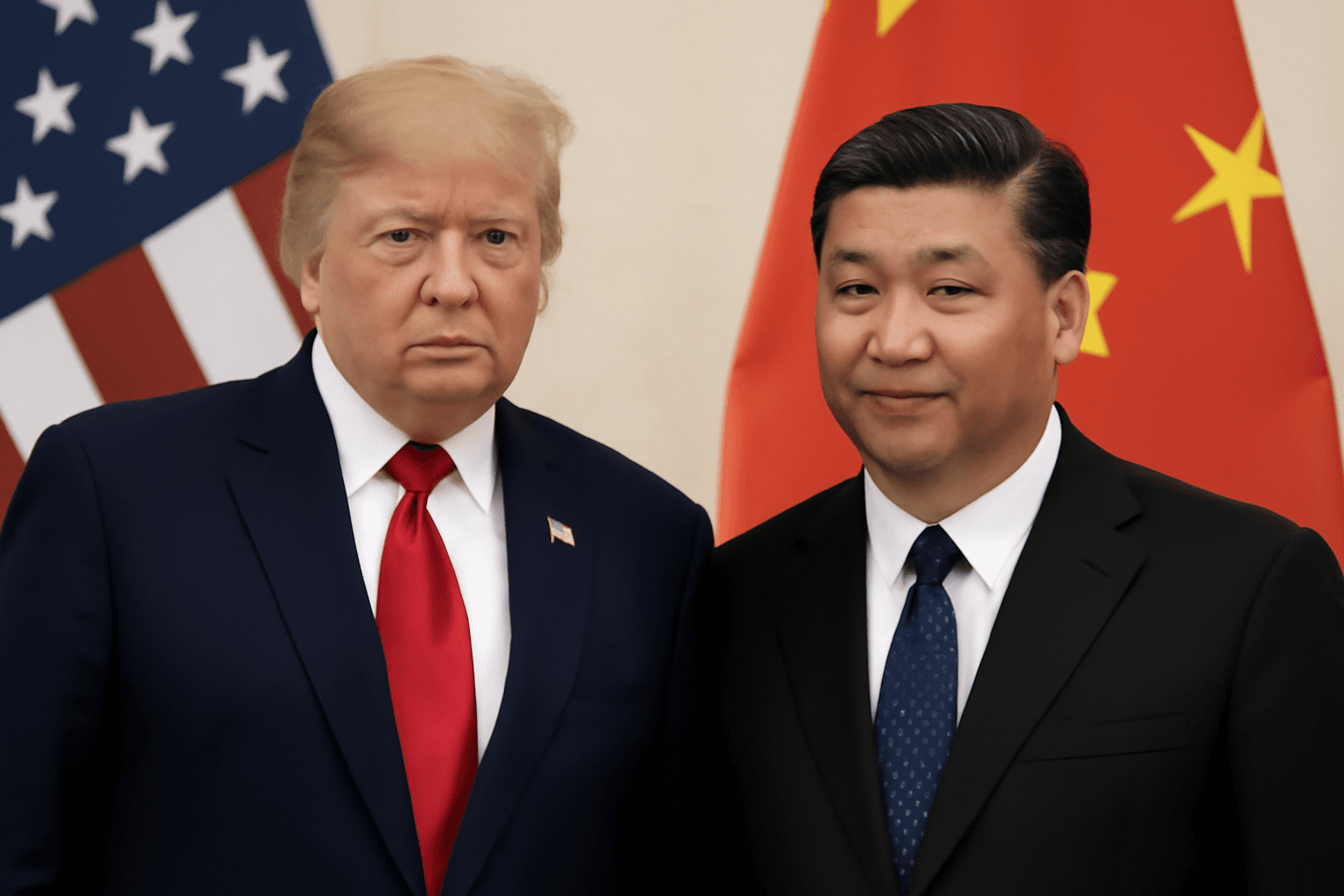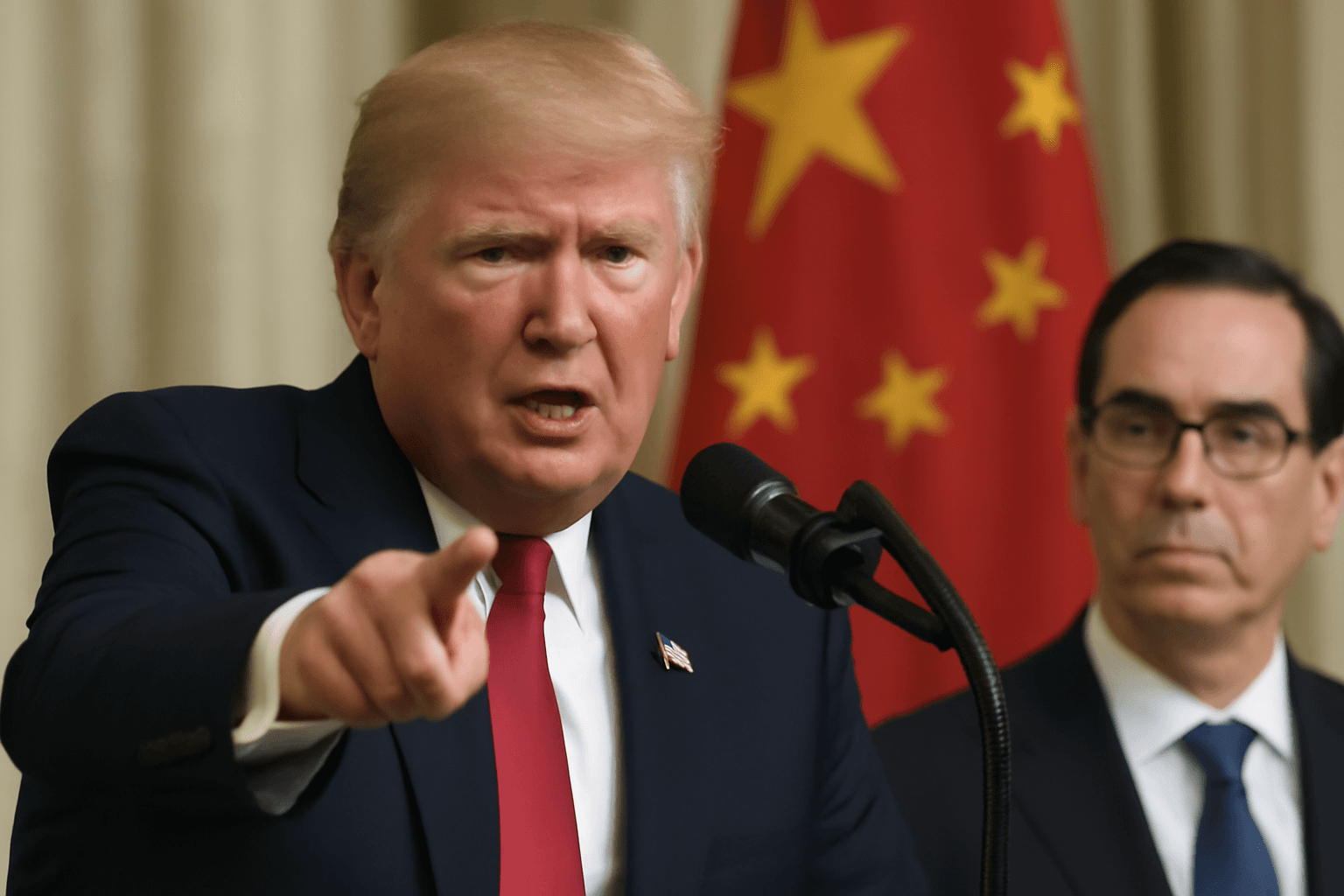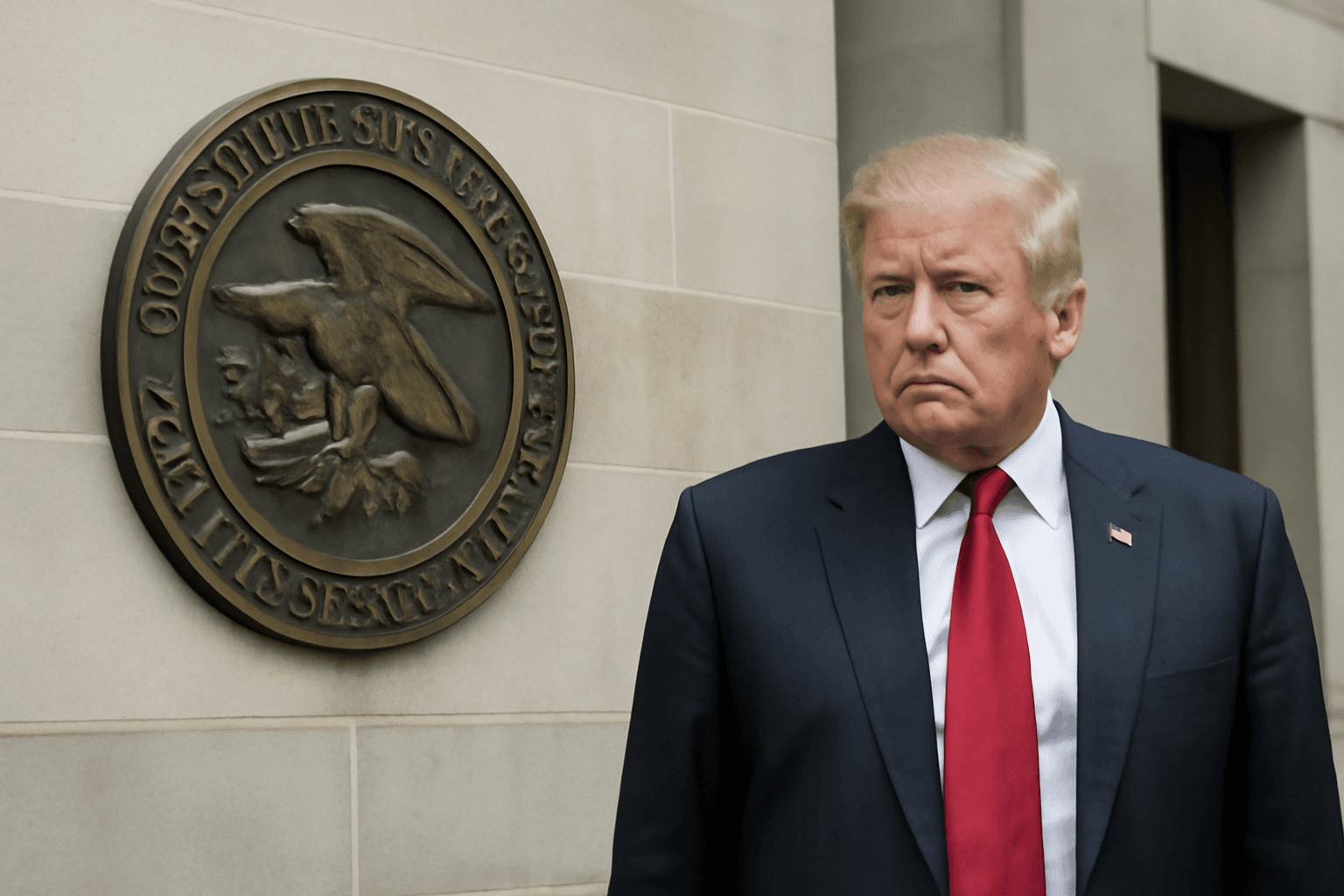President Donald Trump responded firmly to criticism surrounding his approach to imposing and subsequently easing trade tariffs, dismissing claims that he "chickens out" on trade policy. The phrase "TACO trade," an acronym for "Trump Always Chickens Out," has been used to describe a pattern where Trump announces aggressive tariffs, leading to market declines, only to later reduce or delay them, causing a market rebound.
Speaking at the White House, Trump rejected the notion that he had retreated on tariffs, asserting instead that his tactics have strengthened the United States’ position in trade negotiations. Highlighting recent negotiations with the European Union (EU), Trump noted that after proposing a 50% tariff on EU goods, which he later postponed from June 1 to July 9 following a request from European Commission President Ursula von der Leyen, the EU expressed willingness to engage in talks.
"After I did what I did, they said, 'We'll meet anytime you want,'" Trump said. "You call that chickening out? It's called negotiation." He also dismissed the question as "nasty."
This exchange illustrates the president’s broader strategy of leveraging tariff threats to prompt diplomatic discussions, a tactic that has drawn both support and skepticism. Trump also referenced previous tariff adjustments, such as the reciprocal tariffs announced on April 2 targeting numerous countries, initially set as high as 30%, which were significantly scaled back to 10% for a 90-day period shortly after, following volatility in the financial markets.
Similarly, the trade conflict with China saw initial tariffs climbing to 145%, followed by a reduction to 30% after negotiation rounds aimed at easing tensions and encouraging dialogue.
Markets have responded to these tariff announcements and reversals with notable fluctuations, underscoring the uncertainty and impact of trade policy on global investors.
As trade talks continue, the debate over whether these tariff moves represent tactical negotiation or inconsistent policy persists. President Trump remains steadfast in framing his approach as strategic negotiation intended to secure favorable deals for the United States.
This is a developing story. Further updates will be provided as more information becomes available.

